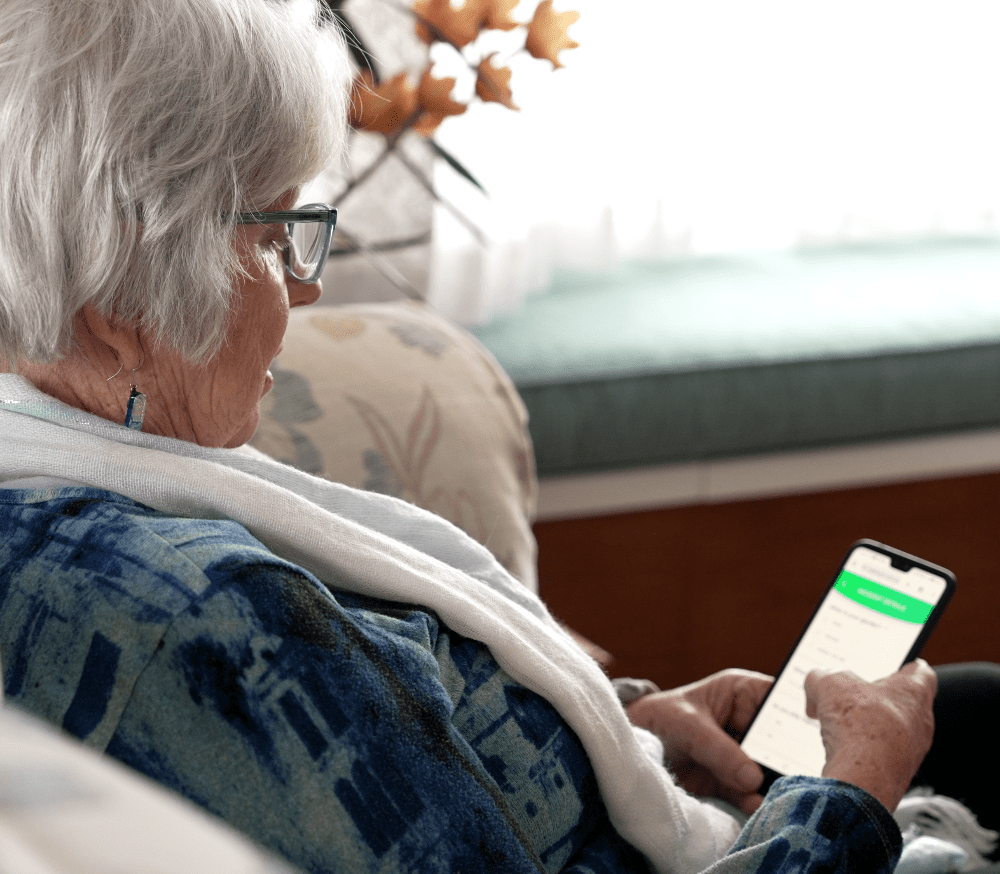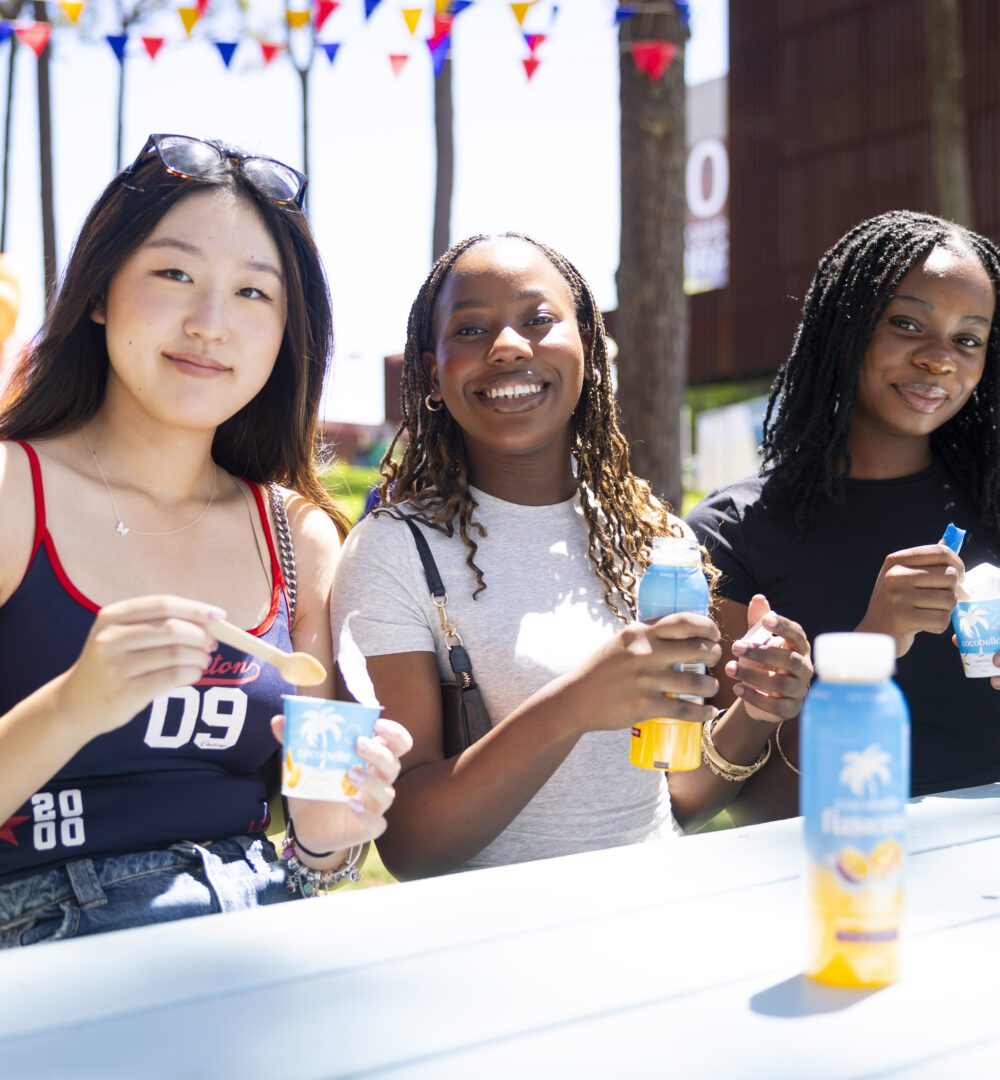Hearing loss treatment crowned winner of 2020 Curtinnovation Awards

A new gel formula treatment that helps to improve outcomes for people with hearing loss has been named the overall winner at the 2020 Curtinnovation Awards.
The winning team, which includes Dr Hani Al-Salami, Dr Armin Mooranian and Dr Daniel Brown from the School of Pharmacy and Biomedical Sciences and the Curtin Health Innovation Research Institute (CHIRI), along with Clinical Associate Professor Jafri Kuthubutheen, identified a new way to deliver a known drug directly into the inner ear, which could help those who have suffered hearing loss as a result of ageing, exposure to noise or as a side effect of common treatments for infection and cancer.
The Curtinnovation Awards recognise exceptional research outcomes that begin the process of translation into new products and services across Curtin’s Faculties of Science and Engineering, Health Sciences, Business and Law and Humanities, as well as Learning and Teaching.
Curtin University Deputy Vice-Chancellor Research Professor Chris Moran congratulated all the teams recognised at the annual awards.
“Given the ongoing impact of the COVID-19 pandemic, it has never been more important to create innovative technologies and treatments which could help experts and professionals across a range of industries,” Professor Moran said.
“The overall winning project at this year’s Awards aims to help people find an alternative treatment for hearing loss, which is currently managed through hearing aids, cochlear implants or surgery. Hearing loss is a large and growing problem which can have a profound impact on quality of life and this team has potentially found a solution which could support people living with this condition.”
Professor Moran said the innovative hearing loss treatment was just one of many projects recognised this year.
“Some of the other winning projects include an edible spray coating for meat packaging which has economic benefits for the meat industry, and a VR immersive experience that allows viewers to access the lived experiences of Stolen Generation survivors during their time at church missions.”
The winning teams were recognised at a special ceremony held today. Further information on the Curtinnovation Awards can be found online here.
The winners from the 2020 Curtinnovation Awards include:
Overall winner:
Project: Gel formula for treating hearing loss
This project creates a new formula of an existing pharmaceutical to counter hearing loss, for which there is no suitable medication.
The Curtin team, working with a leading surgeon, has developed a formulation to deliver a known drug directly into the inner ear, by combining it with permeation enhancers in a gel. This could help many people who have suffered hearing loss as a result of ageing, exposure to noise or as a side effect of common treatments for infection and cancer.
Team: Dr Hani Al-Salami, Dr Armin Mooranian, Dr Daniel Brown from Curtin’s School of Pharmacy and Biomedical Sciences and CHIRI, and Clinical Associate Professor Jafri Kuthubutheen.
Health Sciences winner:
Project: LinXmart
LinXmart is a secure, fast and scalable data linkage software, with data management capabilities and the ability to manage complex and dynamic linked datasets.
Developed at Curtin University, LinXmart uses advanced matching methods to determine if records from different data collections are common to an individual. The software takes into account missing information and errors in data, for example, typographical errors, and produces highly accurate matched results. A key feature of LinXmart is loading, processing and linking privacy-preserved data, which does not require the release of personal identifiers.
Team: Dr Anna Ferrante, Mr Adrian Brown, and Dr Sean Randall from Curtin’s School of Public Health, and Professor James Boyd from La Trobe University.
Science and Engineering winner:
Project: Edible coating for meat
Packaged meat can lose volume due to fluid losses from cut surfaces. This in turn can lead to economic losses for the meat industry in that the fluid loss may reduce the saleable weight of the product or cause consumers and export markets to reject it.
This project developed an edible spray coating with the ability to block or constrict the cut ends of meat capillaries and prevent fluid loss. The coating is based on a polymer currently used as a dessert delicacy and is recognised as safe for consumption.
Team: Mr Shamika Thushara and Dr Josh Ravensdale from Curtin’s School of Public Health, Dr Ranil Coorey from Curtin’s School of Molecular and Life Sciences, and Adjunct Professor Gary Dykes from Curtin’s Graduate Research School.
Humanities winner:
Project: MissionsConnect
MissionsConnect is a VR immersive experience that allows viewers to access the lived experiences of Stolen Generation survivors during their time at church missions. It provides access to a 3D digital reconstruction of two missions and is layered with interactive archival material, and the memories and stories of the children who lived at these missions.
MissionsConnect is a powerful educational tool for schools, universities and the corporate sector. It allows sharing and understanding the reasons for Reconciliation, encouraging healing, and raising awareness of the importance of culture, language and country to Aboriginal Australians.
Team: Professor Reena Tiwari, Emeritus Professor John Stephens, and Ms Renee Parnell from Curtin’s School of Design and Built Environment, Mr Jim Morrison (Minang Elder, Chair of Bringing Them Home WA), Mr Wesley Lamont from the Hub of Immersive Visualization and eResearch, and Mr David Belton from Curtin’s School of Earth and Planetary Sciences.
Business and Law winner:
Project: Fatigue Impairment Prediction Suite (FIPS)
Many members of today’s workforce are employed in environments with inherent safety concerns that may be amplified by the effect of fatigue. For example, in industries such as aviation, military and resources, personnel may be required to be alert for long periods of time outside of their natural daily rhythms, such as working night shifts.
The existing models used to assist shift workers to minimise their fatigue are outdated and unreliable. FIPS is a software tool which utilises state-of-the-art algorithms and analytical techniques to deliver smart rostering services to industry. Its open framework allows for the integration of new algorithms based on the latest models of fatigue, and the customisation of models for specific industry needs.
Team: Dr Michael David Wilson, Dr Luke Strickland, Dr Karina Jorritsma and Professor Mark Griffin from Curtin’s Future of Work Institute.
Teaching and Learning Winner:
Project: Blockchain for accounting students
The ‘Curtin Coin’ cryptocurrency is being introduced within the Faculty of Business and Law to give business students a ‘hands-on’ learning experience. Each student will earn coins as rewards from tutors, and can then redeem them at specific events or Curtin outlets.
It will give students a practical understanding of the fundamentals of blockchain, cryptocurrency and the cyber economy. The team is also developing a blockchain-based Monopoly game, using the regular board but with all transactions done through coins transferred between respective wallets and with a custom explorer.
Team: Professor Saurav Dutta and Dr Vincent Chang from Curtin’s School of Accounting.



